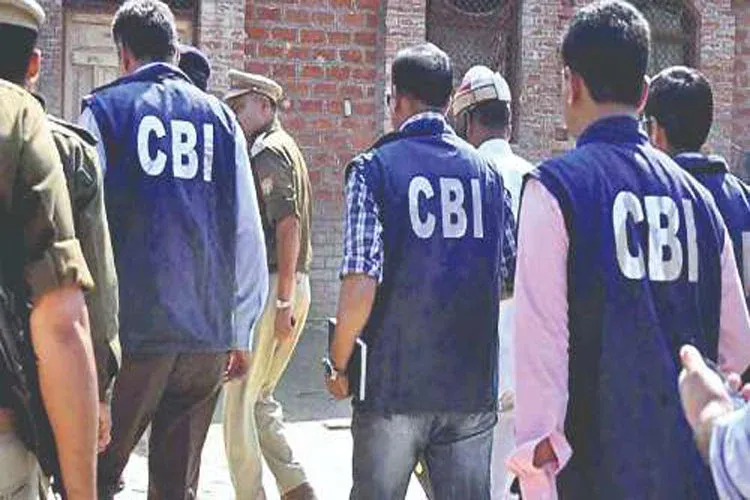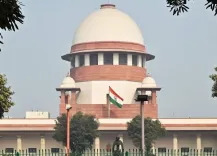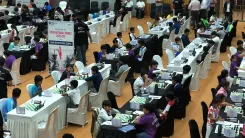Is a Dean from Nagaland University Really Involved in a Rs 2 Lakh Bribe Scandal?

Synopsis
Key Takeaways
- The Dean of Nagaland University is implicated in a bribery scandal.
- CBI is investigating the allegations under the Prevention of Corruption Act.
- Corruption in educational institutions poses significant ethical concerns.
- Vendors reportedly paid bribes to secure favorable supply contracts.
- Thorough investigations are crucial for maintaining integrity in academia.
New Delhi, July 14 (NationPress) - The Central Bureau of Investigation (CBI) has filed a case against a Dean of Nagaland University for allegedly soliciting a bribe of Rs 2 lakh from a supplier and intimidating others who provided equipment and UPS batteries to the Department of Botany, according to an official announcement made on Monday.
Chitta Ranjan Deb, a Senior Professor and the Dean of the School of Sciences at Nagaland University, has been accused of engaging in various corrupt activities with the intent to inflict wrongful loss on the institution while gaining financially for himself.
The FIR states, “A Regular Case has been registered under Section 7 of the Prevention of Corruption Act, 1988 (amended in 2018) against Dr. Chitta Ranjan Deb, and the investigation is assigned to CBI, ACB, Guwahati.
A source informed the CBI that some vendors had previously paid bribes to Deb through ATM transactions and bank accounts, as he had shown favoritism in awarding supply contracts to them.
The FIR, initiated by CBI, ACB Guwahati on July 12, indicates that Deb was involved in unethical practices regarding the favorable allocation of supply orders for scientific equipment and consumables to various bidders and companies in exchange for undue benefits or bribes.
According to CBI sources, Deb had on multiple occasions requested illegal bribes from Ravindra Kumar Jain of M/s Jaldhara and Company in Jorhat, Assam, concerning a supply order valued at Rs 5 lakh that had already been fulfilled and for equipment and consumables worth Rs 23 lakh being procured from Jain.
Furthermore, it was revealed that Deb had also solicited bribes from Gulzar Hussain of CS Power Solutions in Jorhat, Assam, concerning the awarding of contracts for UPS batteries and other supplies.
The FIR was filed after the CBI learned that Deb would be visiting Jorhat on July 12 to meet Jain to collect a bribe of Rs 2 lakh. The source also disclosed that Deb intended to meet Gulzar Hussain to obtain an additional bribe of Rs 15,000 on the same day.









